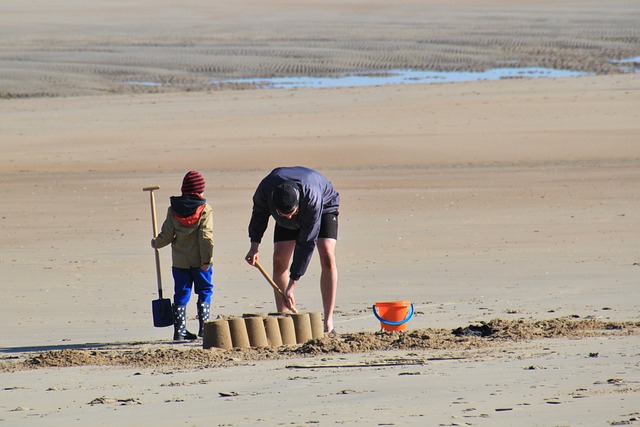Australian Speech Pathologists: consent to treatment for children aged 0-13 years with separated or divorced parents
If you work with kids and provide quality, client-centred care, you really work with families. Sometimes, you’re working with Mum and Dad and the kids together. Other times, you might be working with a single parent, alternating parents, a relative (e.g. a grandparent), a guardian or another carer. One question that crops up a lot in…

